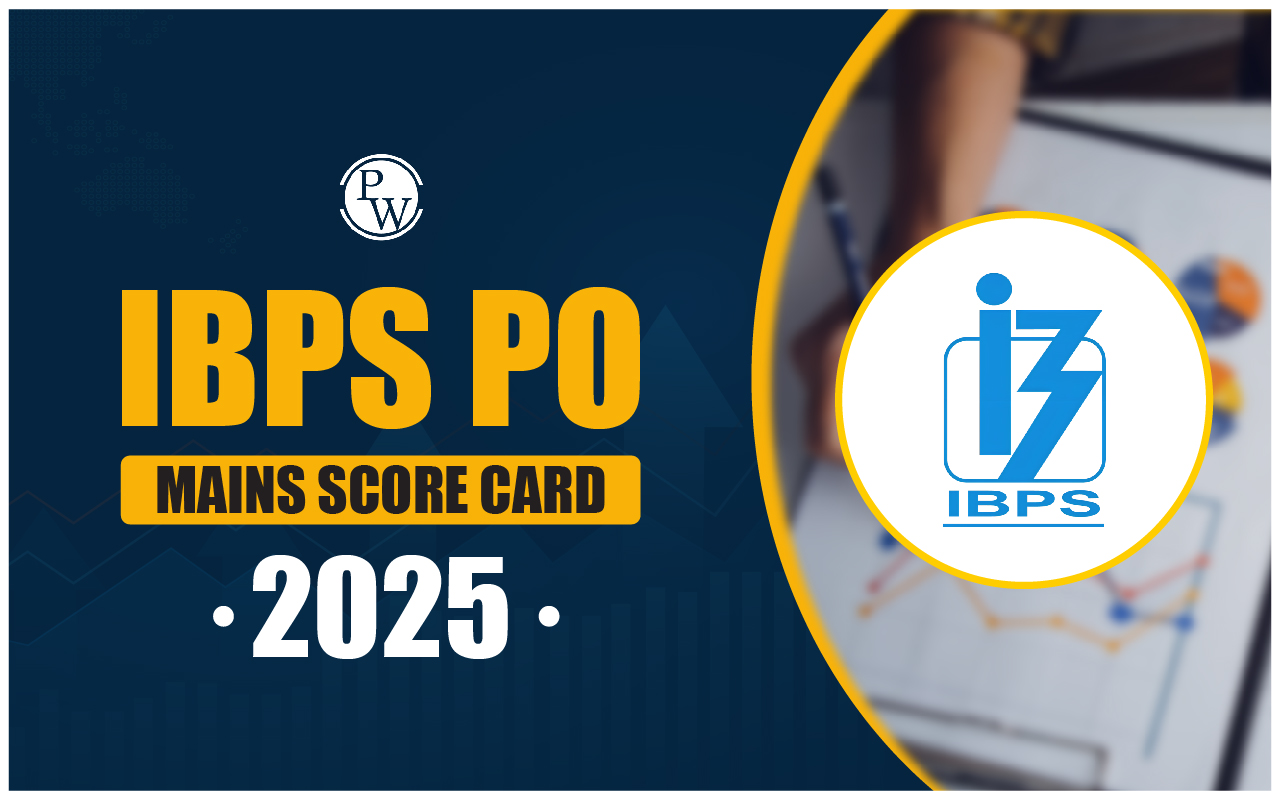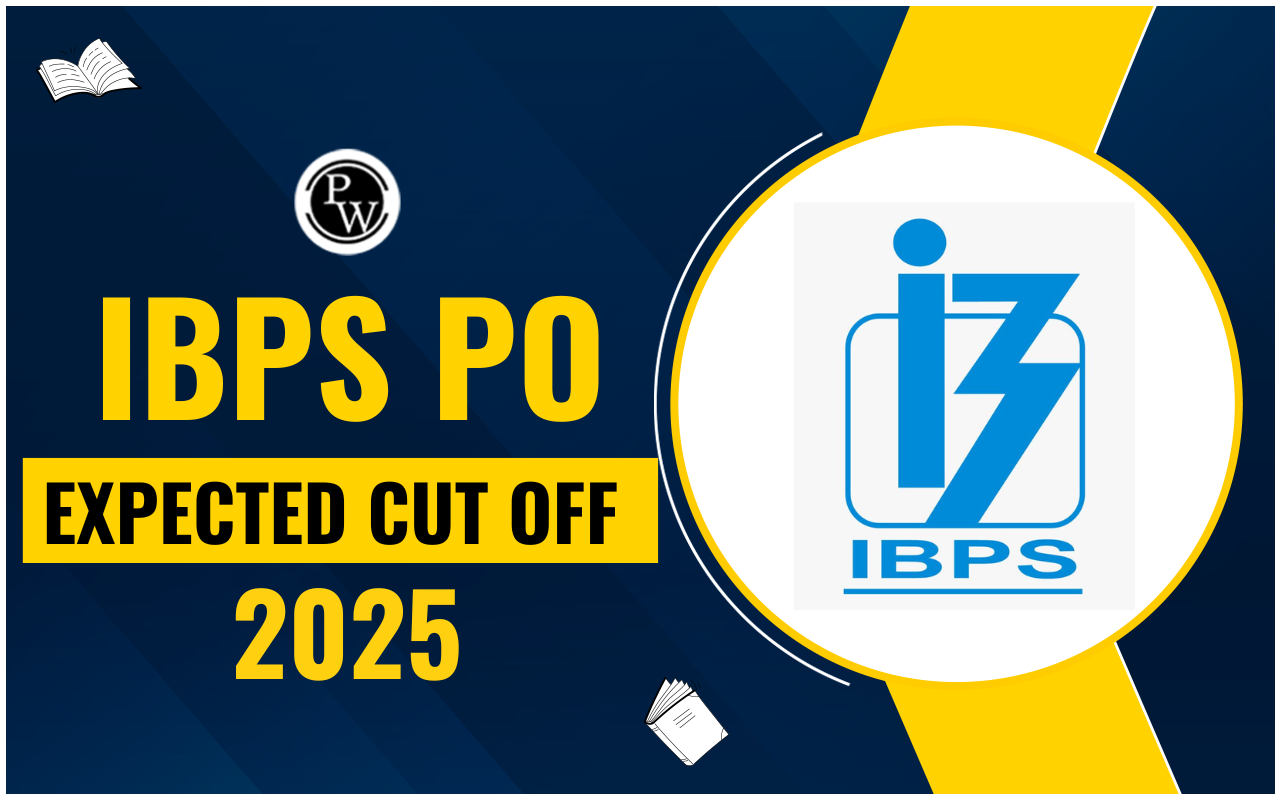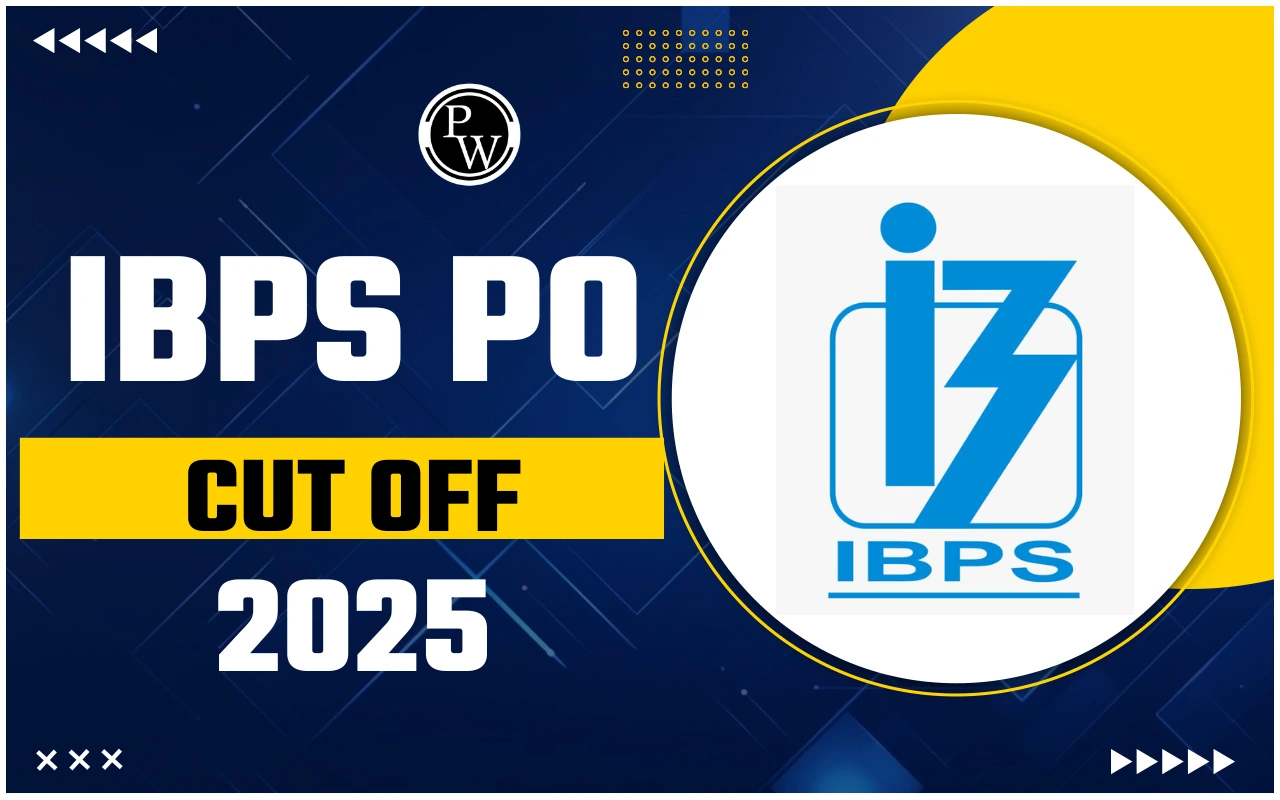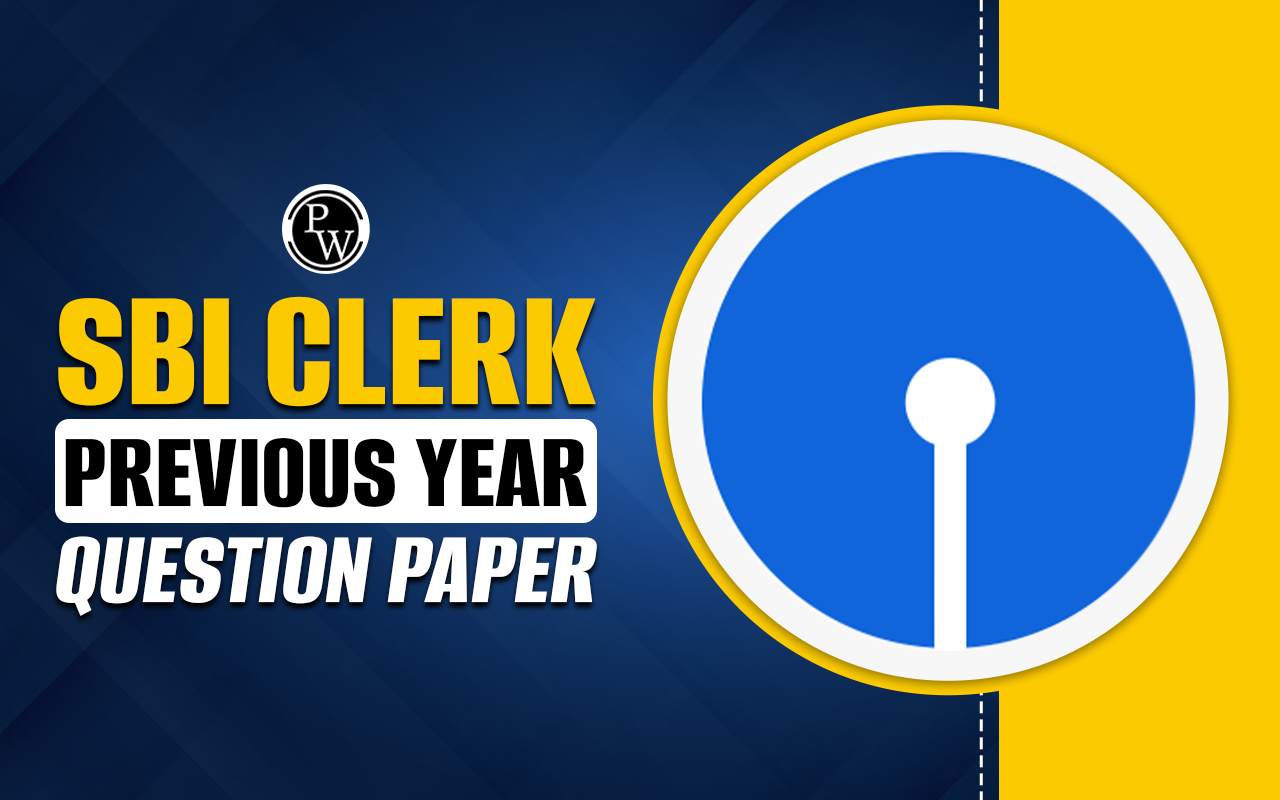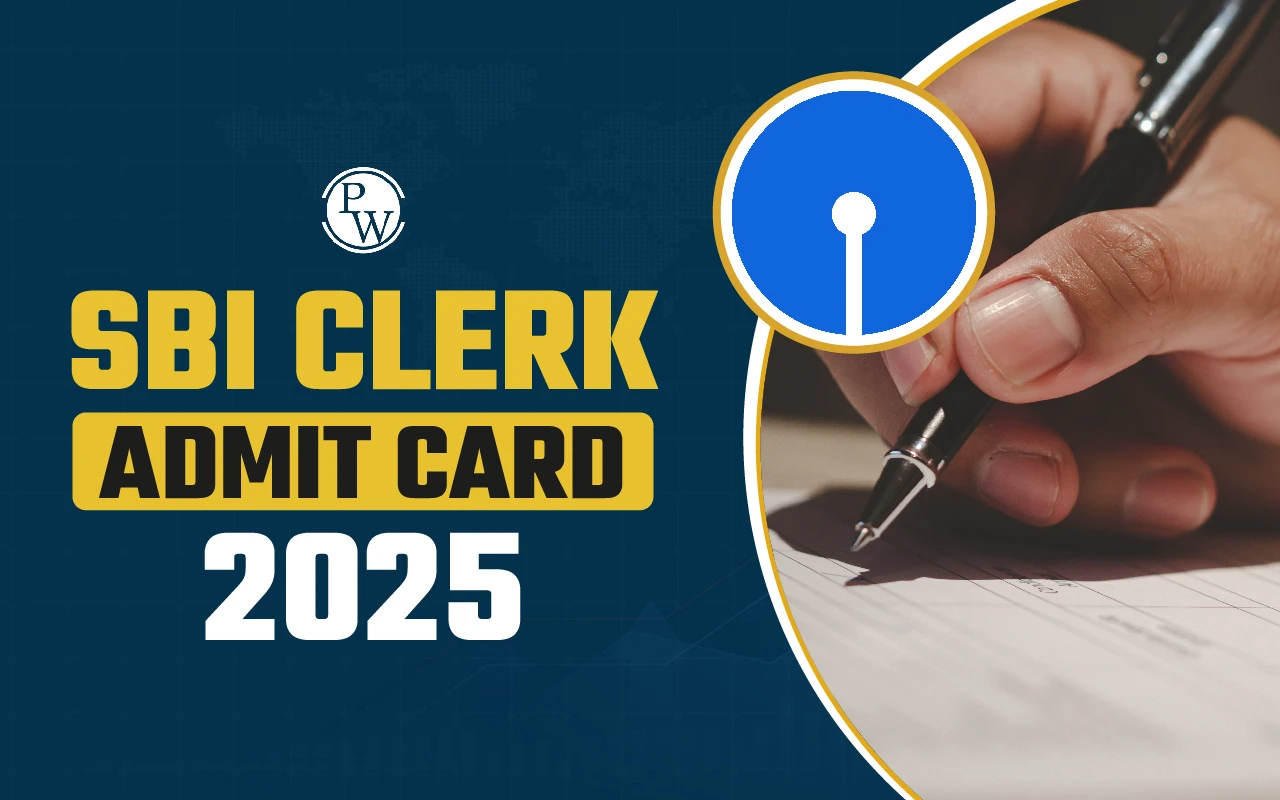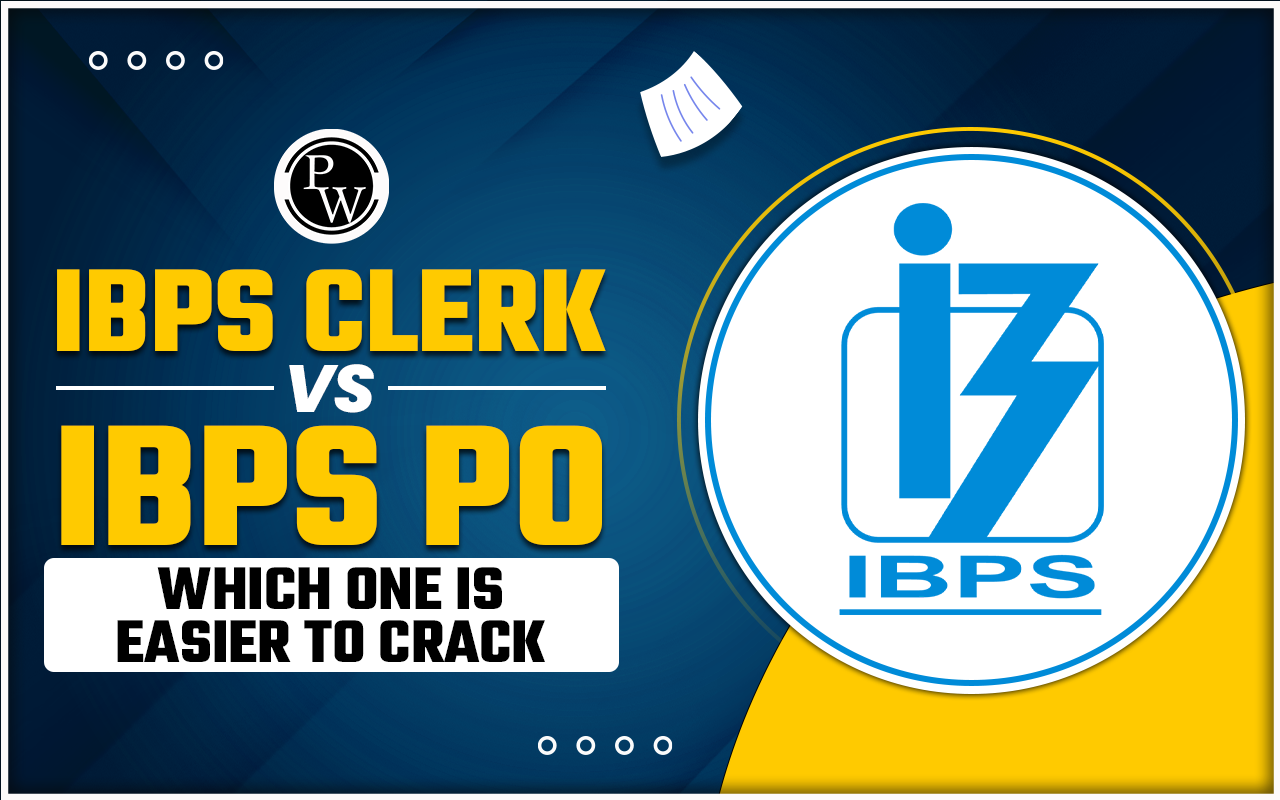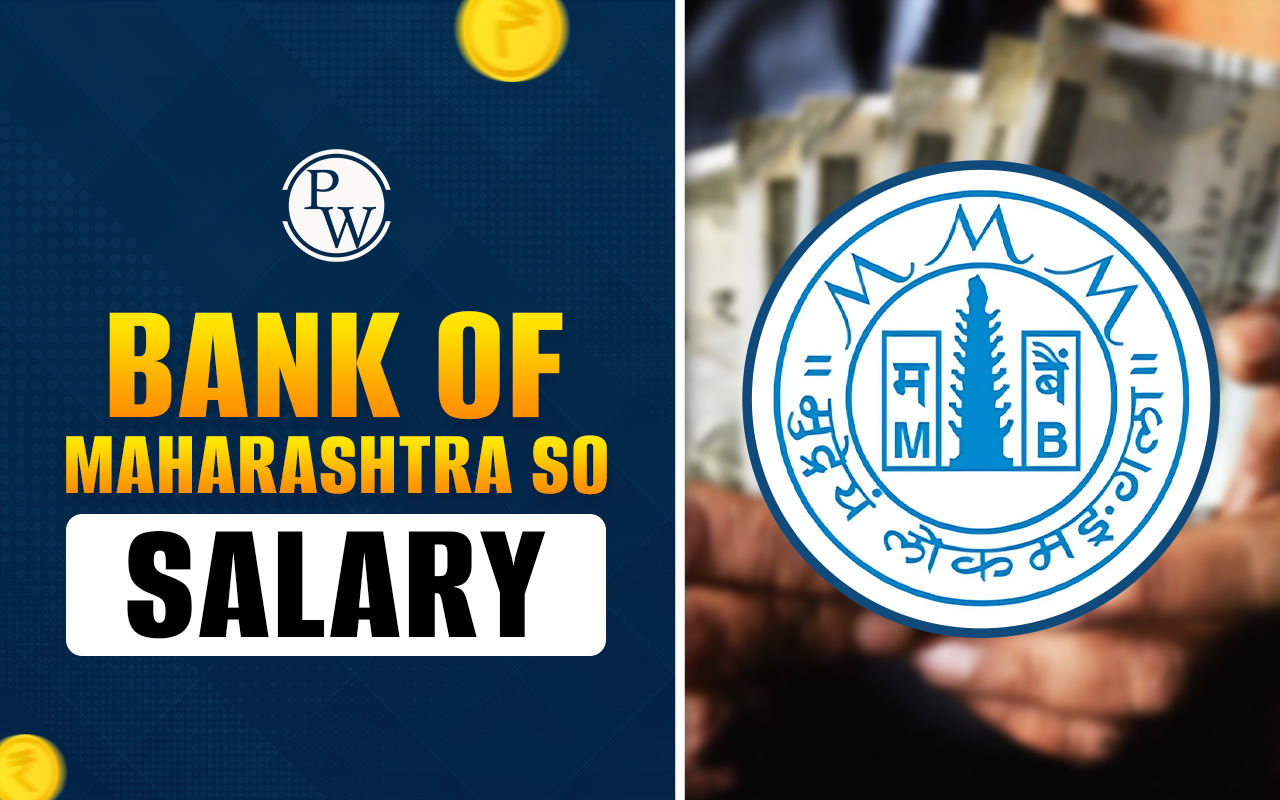
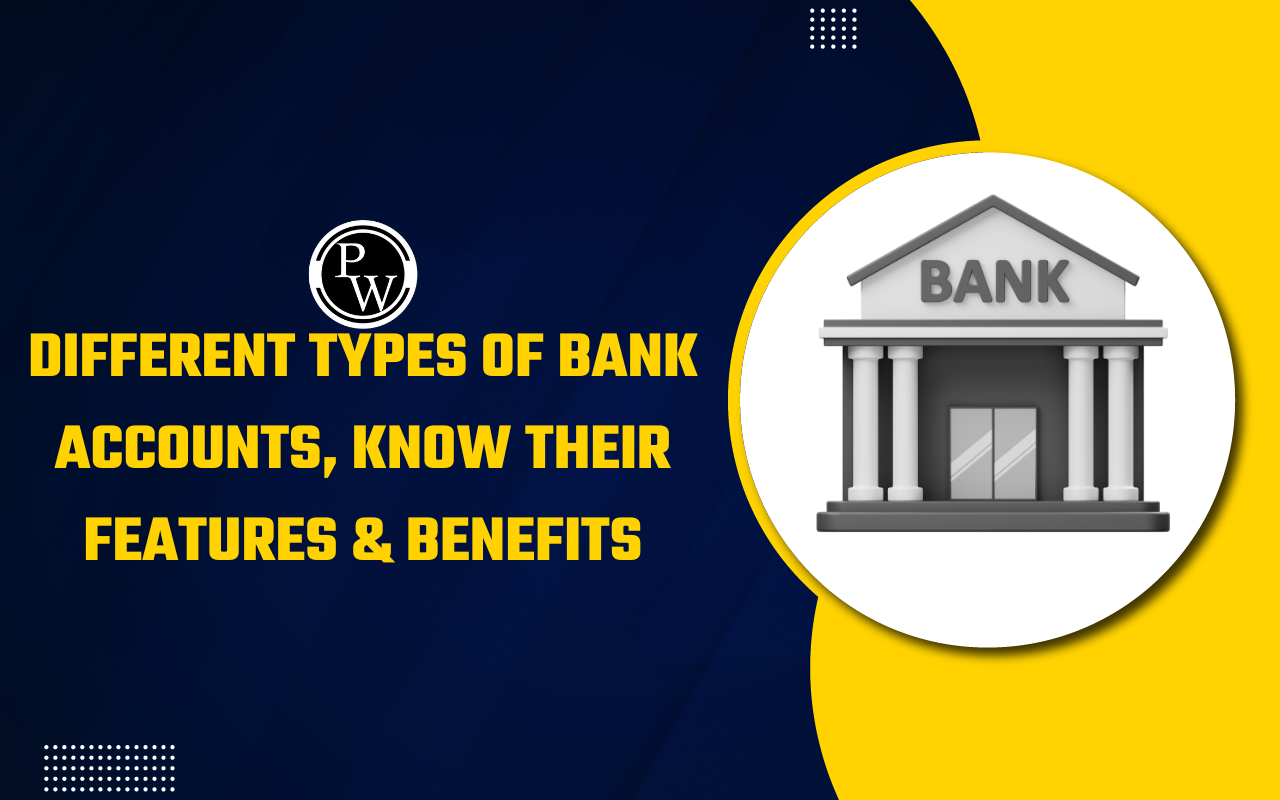
Different Types Of Bank Accounts, Know Their Features & Benefits: Bank accounts come in various forms, each designed to meet different financial needs. A savings account is a basic type where you can deposit money to earn interest over time, making it great for storing your emergency funds or saving for future goals. A checking account, on the other hand, is ideal for daily transactions like paying bills or shopping, as it usually comes with a checkbook and a debit card for easy access to your funds. For those looking to save a significant amount at a higher interest rate, a fixed deposit account might be appealing; this type locks your money for a preset period, and withdrawing early could mean penalties.
Recurring deposit accounts are similar but require you to deposit a fixed amount regularly, helping you build savings habitually. Money market accounts offer higher interest rates than savings accounts, in exchange for maintaining a higher balance, and provide limited transaction capabilities. Lastly, for non-resident Indians, there are NRI accounts designed to manage funds earned abroad or in India, facilitating easier international banking.List of Different Types of Bank Accounts
Here is the detailed description for different types of bank accounts including saving Accounts, Checking Accounts, fixed Accounts, recurring accounts, money market accounts, Certificate of Deposit (CD) and NRI Accounts shared below:-- Savings Account: This is the most basic type of bank account where you can deposit your money and earn interest on it. It's designed for people who want to save money over time and need regular access to their funds.
- Checking Account: Also known as a current account, this is used for day-to-day money transactions. You can deposit and withdraw money as often as you need, and it usually comes with a debit card and the ability to write checks. Checking accounts typically don't earn much interest.
- Fixed Deposit Account: This account allows you to deposit a lump sum of money for a fixed period, ranging from a few months to several years, at a higher interest rate than savings accounts. You cannot withdraw the money before the end of the term without paying a penalty.
- Recurring Deposit Account: Similar to a fixed deposit, this account lets you save a fixed amount of money regularly, usually every month. It offers an interest rate similar to fixed deposits and is perfect for people who want to save small amounts regularly.
- Money Market Account: This account usually offers a higher interest rate compared to savings and checking accounts, in exchange for higher deposit requirements. It allows for limited transactions and is a good option for storing money that you don't need immediate access to but want to earn a decent return on.
- Certificate of Deposit (CD): This is a time-bound deposit held at a bank or financial institution with a fixed interest rate. It's similar to a fixed deposit but usually offers a higher interest rate. The catch is that you must leave your money in the CD for a fixed period of time, or you'll face early withdrawal penalties.
- NRI Accounts: For non-resident Indians, banks offer specific accounts like the Non-Resident External (NRE) and Non-Resident Ordinary (NRO) accounts to manage income earned abroad and in India, respectively.
Simple Steps to Open Different Types of Bank Accounts
Here is the Step-by-step guide to Open Different Types of Bank Accounts shared below:--
Choose the Right Type of Account:
- Savings Account for earning interest on your deposits.
- Checking Account for daily transactions and easy access.
- Fixed Deposit for a higher interest rate over a fixed term.
- Recurring Deposit for setting aside a fixed amount regularly.
- Money Market Account for higher returns with higher balance requirements.
- NRI Account for non-resident Indians managing funds from abroad.
-
Research and Compare Options:
- Look at different banks and financial institutions to compare interest rates, fees, benefits, and account features. Online reviews and bank websites can provide useful information.
-
Gather Required Documents:
- Prepare necessary identification documents such as a government-issued ID (passport, driver’s license), proof of address (utility bill, lease agreement), and sometimes a minimum deposit amount depending on the bank’s requirement.
-
Visit a Bank or Apply Online:
- Many banks offer the convenience of online applications, but you can also visit a branch in person if you prefer a face-to-face interaction or if the account type requires it.
-
Fill Out an Application Form:
- Complete the application form with your personal and financial details. Make sure all the information is correct to avoid any delays.
-
Submit the Application and Documents:
- Hand over your documents for verification. If applying online, you might need to upload digital copies of your documents.
-
Make Your Initial Deposit:
- If the account requires an initial deposit, make sure to deposit the required amount to activate your account.
-
Set Up Online Access and Additional Features:
- Once your account is open, set up online banking, mobile banking, and any other features like direct deposit or automatic bill pay to make managing your new account easier.
-
Wait for Confirmation:
- The bank will usually take a few days to process your application. Once approved, you’ll receive account details and instructions on how to use your account.
Advantages of Different Types of Bank Accounts
Here is the Advantages of Different Types of Bank Accounts shared below:--
Savings Account:
- Great for earning interest on your money. It's a safe place to keep your savings while still having access when you need it. Ideal for building an emergency fund or saving for specific goals.
-
Checking Account:
- Perfect for daily transactions like paying bills, receiving salary deposits, or shopping. Usually comes with a debit card, checkbook, and online banking features, making it super convenient for regular use.
-
Fixed Deposit Account:
- Offers higher interest rates compared to savings accounts, making it suitable for investing a lump sum of money that you don’t need immediate access to. It’s a safe investment option with guaranteed returns.
-
Recurring Deposit Account:
- Helps in building savings discipline by allowing you to deposit a fixed amount regularly. It offers interest rates similar to fixed deposits and is excellent for people who want to save small amounts periodically.
-
Money Market Account:
- Typically offers higher interest rates than a savings account, provided you can maintain a higher balance. It also provides more access to your funds than a fixed deposit, with limited check-writing abilities and transactions.
-
NRI Accounts:
- Specifically designed for Non-Resident Indians, these accounts help manage and repatriate funds earned abroad efficiently. They offer various benefits such as favorable exchange rates and tax exemptions, depending on the account type.
Different Types Of Bank Accounts FAQs
Q1. What’s the best account for everyday transactions?
Ans. A checking account is ideal for daily use. It usually comes with a debit card and checkbook, which makes paying bills, shopping, or handling any routine financial transactions easy.
Q2. Which account should I choose to save money?
For saving money, a savings account is a good choice. It helps you earn interest on the money you deposit, and you can still access your funds when needed.
Q3. Where can I get the highest interest on my deposits?
Fixed deposit accounts typically offer higher interest rates compared to other accounts. You’ll need to lock in your money for a fixed period, but in return, you’ll earn more on your investment.
Q4. I want to save regularly but also earn good interest. What should I do?
Consider opening a recurring deposit account. This account allows you to deposit a fixed amount regularly and offers interest rates similar to fixed deposits, helping you build your savings gradually.
Q5. Which bank account is best if I have a high balance and want to earn more interest?
A money market account might be right for you. It offers higher interest rates than standard savings accounts, especially if you maintain a higher balance, and still provides some check-writing privileges.
🔥 Trending Blogs
Talk to a counsellorHave doubts? Our support team will be happy to assist you!

Check out these Related Articles
Free Learning Resources
PW Books
Notes (Class 10-12)
PW Study Materials
Notes (Class 6-9)
Ncert Solutions
Govt Exams
Class 6th to 12th Online Courses
Govt Job Exams Courses
UPSC Coaching
Defence Exam Coaching
Gate Exam Coaching
Other Exams
Know about Physics Wallah
Physics Wallah is an Indian edtech platform that provides accessible & comprehensive learning experiences to students from Class 6th to postgraduate level. We also provide extensive NCERT solutions, sample paper, NEET, JEE Mains, BITSAT previous year papers & more such resources to students. Physics Wallah also caters to over 3.5 million registered students and over 78 lakh+ Youtube subscribers with 4.8 rating on its app.
We Stand Out because
We provide students with intensive courses with India’s qualified & experienced faculties & mentors. PW strives to make the learning experience comprehensive and accessible for students of all sections of society. We believe in empowering every single student who couldn't dream of a good career in engineering and medical field earlier.
Our Key Focus Areas
Physics Wallah's main focus is to make the learning experience as economical as possible for all students. With our affordable courses like Lakshya, Udaan and Arjuna and many others, we have been able to provide a platform for lakhs of aspirants. From providing Chemistry, Maths, Physics formula to giving e-books of eminent authors like RD Sharma, RS Aggarwal and Lakhmir Singh, PW focuses on every single student's need for preparation.
What Makes Us Different
Physics Wallah strives to develop a comprehensive pedagogical structure for students, where they get a state-of-the-art learning experience with study material and resources. Apart from catering students preparing for JEE Mains and NEET, PW also provides study material for each state board like Uttar Pradesh, Bihar, and others
Copyright © 2025 Physicswallah Limited All rights reserved.
